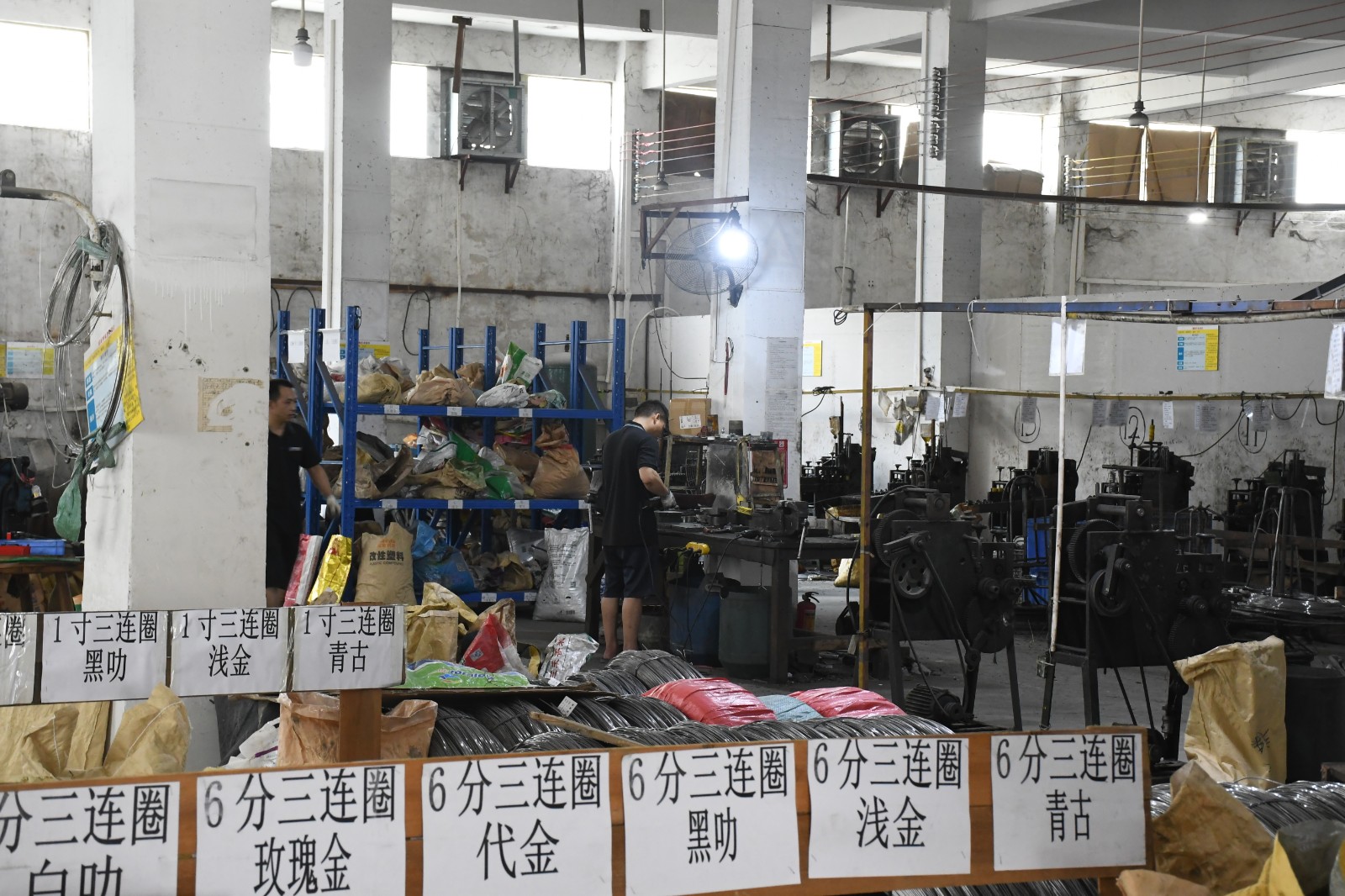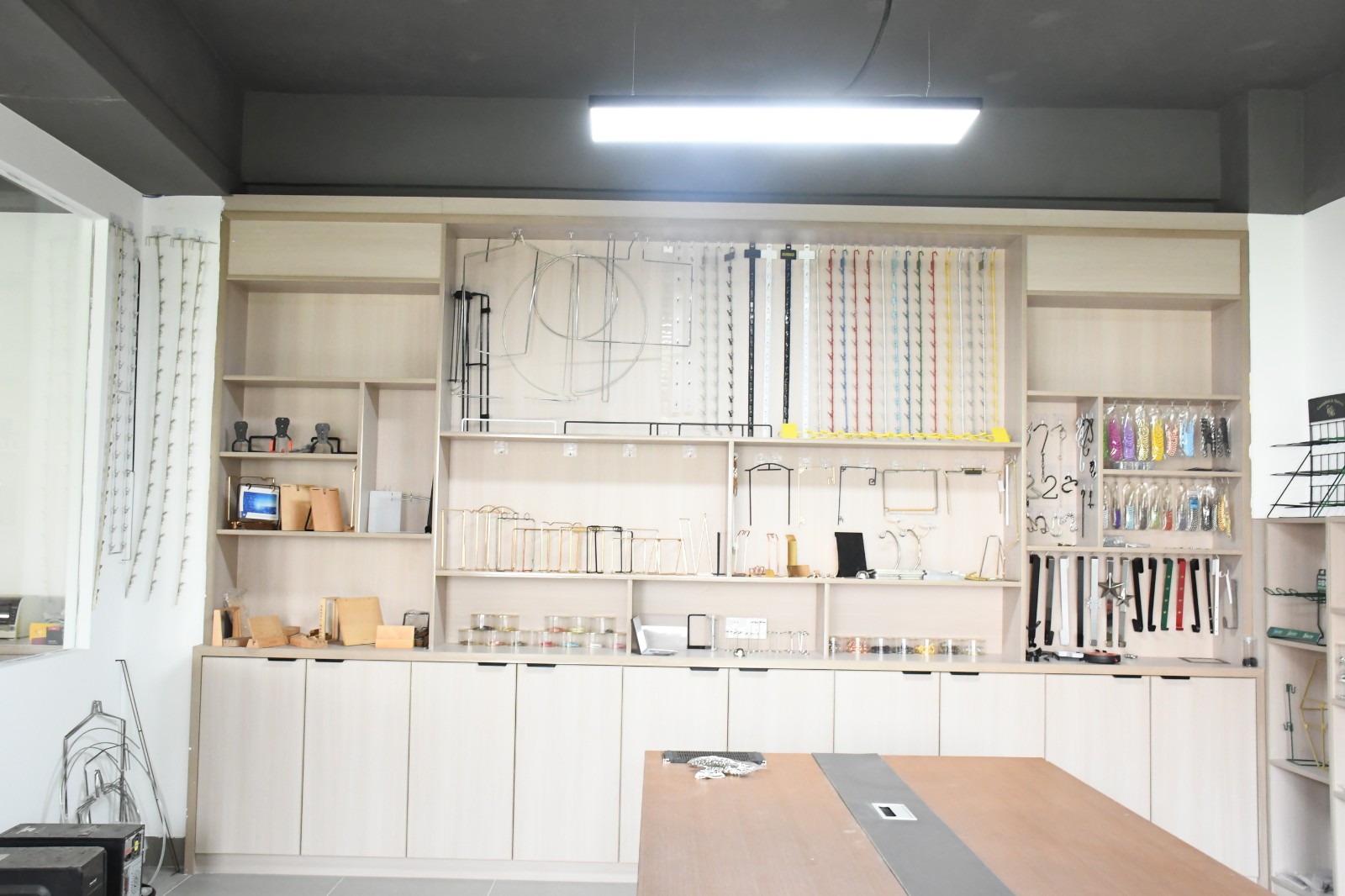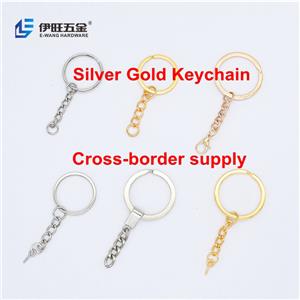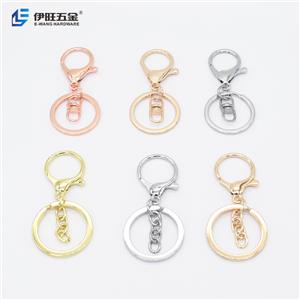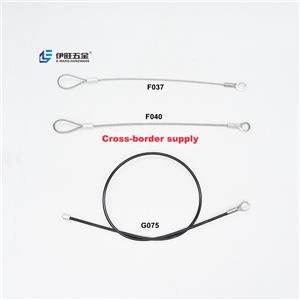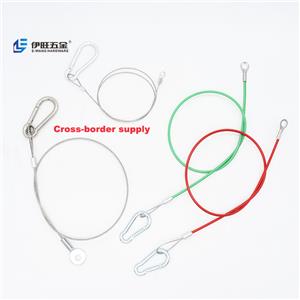Japanese customers visiting factories
This article delves into the intriguing practices of Japanese customers who order split keyrings and often visit factories, shedding light on the cultural factors that drive these behaviors.
**The Fascination with Split Keyrings:**
Keyringsmight seem like ordinary accessories, but in Japan, they have taken on a special significance. Split keyrings, in particular, have gained immense popularity, becoming more than just utilitarian items for holding keys. These keyrings are designed to be easily separated into two parts, allowing individuals to keep a set of keys distinctively organized. The appeal of split keyrings lies not only in their practicality but also in the cultural significance attached to them.
Japanese culture places a strong emphasis on organization, efficiency, and attention to detail. The split keyring aligns perfectly with these values, offering a simple yet effective solution for keeping different keys separate and easily identifiable. This cultural inclination towards precision has led to the widespread adoption of split keyrings, making them a common accessory carried by individuals across the country.
**Factory Visits: A Unique Consumer Trend:**
Another intriguing phenomenon in the Japanese consumer landscape is the propensity for customers to visit factories. Unlike in many other cultures where factories are often hidden away from public view, Japanese consumers actively seek out opportunities to visit the production sites of the products they purchase. This practice speaks to the Japanese commitment to quality, transparency, and the desire to understand the origin of the products they consume.
Factory visits allow Japanese customers to witness the meticulous craftsmanship and attention to detail that go into the production process. This firsthand experience aligns with the Japanese value of "monozukuri," which translates to "the art of making things." The concept of monozukuri underscores the Japanese dedication to perfecting their craft and producing items of the highest quality.
Furthermore, factory visits provide consumers with a sense of connection to the products they buy. They feel a deeper appreciation for the item when they can trace its journey from raw materials to finished product. This emotional connection enhances brand loyalty and creates a unique buying experience that extends beyond the transaction itself.
**Cultural Underpinnings:**
To comprehend the reasons behind these behaviors, it's crucial to delve into the cultural underpinnings of Japanese society. Japan's history, marked by periods of isolation and a focus on self-sufficiency, has shaped its modern business practices. The concept of "omotenashi," often translated as "hospitality," plays a pivotal role in Japanese customer service. This notion extends to the products themselves, as the Japanese prioritize delivering the best possible experience to consumers.
The practice of gifting, or "omiyage," is deeply ingrained in Japanese culture. When Japanese customers order split keyrings, they might have the intention of sharing them as thoughtful gifts. The meticulous design and utility of split keyrings make them ideal presents, aligning with the Japanese tradition of offering meaningful gifts as tokens of appreciation.
Factory visits, on the other hand, stem from the Japanese desire for transparency and authenticity. The country's history of craftsmanship and the pursuit of excellence has cultivated a discerning consumer base that values not only the end product but also the process that brings it to life. Factory visits embody the Japanese pursuit of perfection and allow consumers to witness firsthand the dedication that goes into creating the products they love.
**The Business Response:**
Recognizing these unique consumer behaviors, businesses both within and outside of Japan have adapted their strategies. Brands that offer split keyrings often highlight the meticulous design and attention to detail that resonate with Japanese customers. They emphasize the functional and cultural significance of these accessories, tapping into the Japanese appreciation for thoughtful craftsmanship.
Similarly, companies around the world have started offering factory tours and experiences to cater to Japanese tourists and consumers. By providing insight into their production processes, companies can establish a deeper connection with Japanese customers, fostering brand loyalty and word-of-mouth recommendations.

In conclusion, the Japanese fascination with split keyrings and the propensity for factory visits are intriguing manifesta


